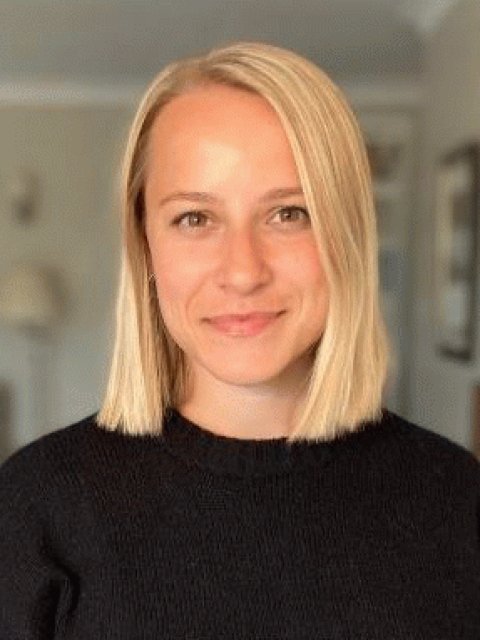"Wellbeing" has been a hot topic in 2017. Mental health and mindfulness have been discussed more than ever, and employers are taking wellbeing in the workplace increasingly seriously. It was the latter topic that became the centre of discussion in the AQR Hub’s latest Facebook Live Q&A, with author and brand consultant John Grant.
John, who worked at such agencies as JWT and BMP-DDB before going on to co-found St Lukes and iris, was interviewed by QR’s Louella Miles about his latest book: Better: The wellbeeing revolution and human-friendly business. It talks about how, globally, we are starting to demand more from businesses.
Not only do we want workplaces that strive to improve the happiness of their employees, by providing them with the freedom and autonomy to flourish, but we are also demanding that companies provide products and services that genuinely improve the wellbeing of ourselves and society.
John argues that, in order to thrive in the "wellbeeing revolution", businesses need to adapt to ensure that caring is at the heart of their existence. By gaining a reputation for this, brands will have a distinctive edge that allows them to charge more and thrive commercially. One study found that 73% of global millennials were willing to pay more for companies making a positive social or environmental impact.
One example he uses is IKEA, which has put "improving the everyday life of the majority of people" at the heart of its business model. By doing this, and gaining reputation as an equal opportunities employer, it has overcome its image of simply "mass producing cheap furniture" and remained relevant to wellbeing-conscious consumers.
So what role does qualitative research have in all of this? As a quallie himself, John believes that we have a key role in making brands "human friendly" by putting people and their needs at the core of brand insight.
It will be interesting to see whether the "wellbeeing revolution" continues to grow over the next few years, and whether more brands will adapt to this cultural shift. Either way, the Q&A provided great food for thought on the future of brands and working life.


